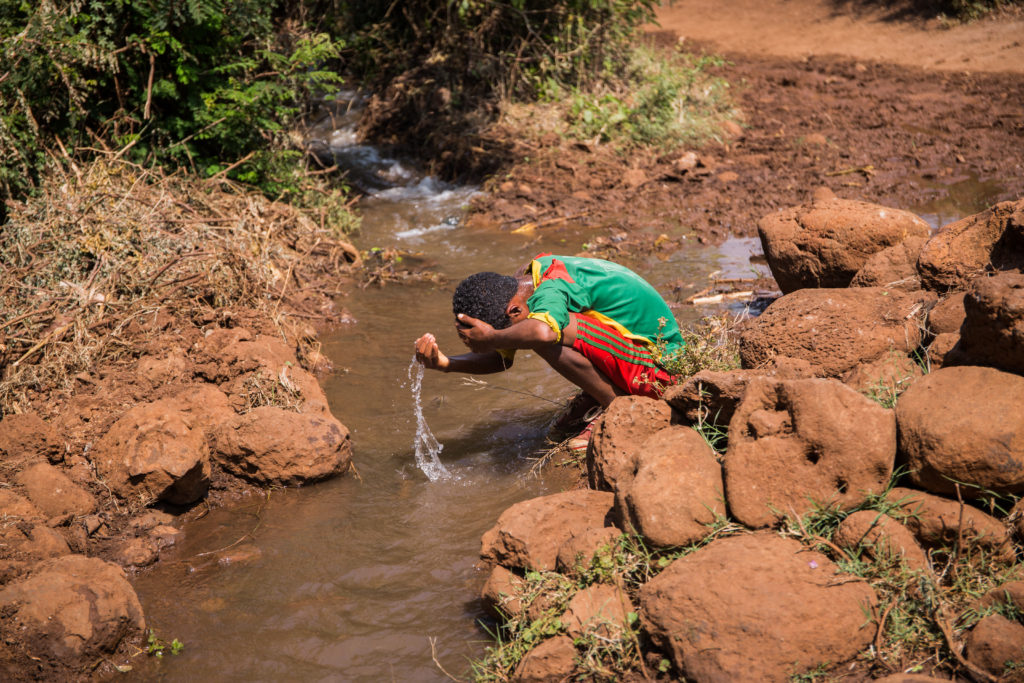There has been growing recognition of the multiple links between sanitation and hygiene practices and health. Beyond well-known health impacts such as diarrhoea and cholera, inadequate sanitation and hygiene have been linked to several neglected tropical diseases, undernutrition and stunting.
The global COVID-19 pandemic also highlighted the importance of handwashing. Evidence shows that poor WASH conditions lead to an increased susceptibility to infectious disease, affect the growth and development of children, and increase morbidity and mortality.
Poor sanitation and hygiene within health centres also contributes to the spread of infections. The links between sanitation and hygiene interventions and health are hard to measure however, and recent studies of the health impacts of sanitation interventions have yielded disappointing results.
It is hypothesised that we are currently not disrupting faecal transmission routes sufficiently to produce significant improvements to health indicators. More work is needed on how to ensure environmental cleanliness and the removal of all faecal-oral transmission routes in different and changing contexts.
There are many blind spots such as the impact of animal and child faeces and the persistent lack of awareness at all levels of multiple faecally-transmitted infections (FTIs). The public at large, fieldworkers and policy-makers alike still rarely recognise in full the causes, scale and impact of stunting and other health impacts, which results from FTIs.






